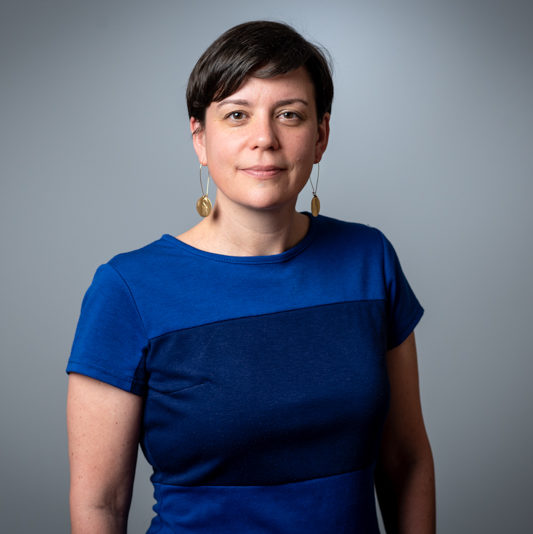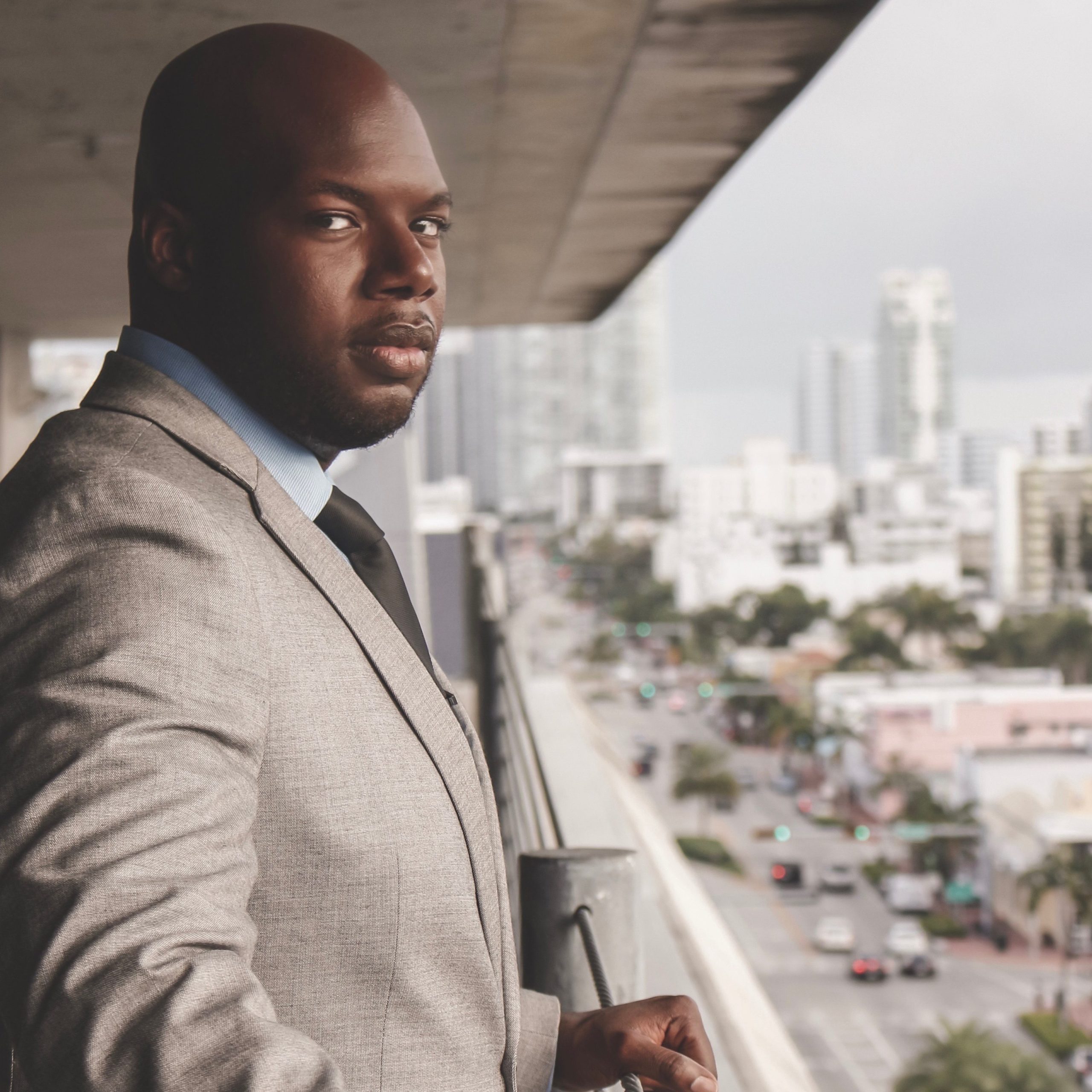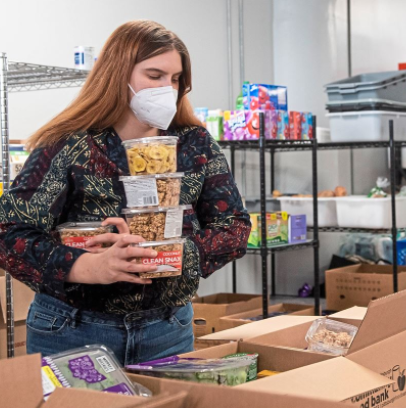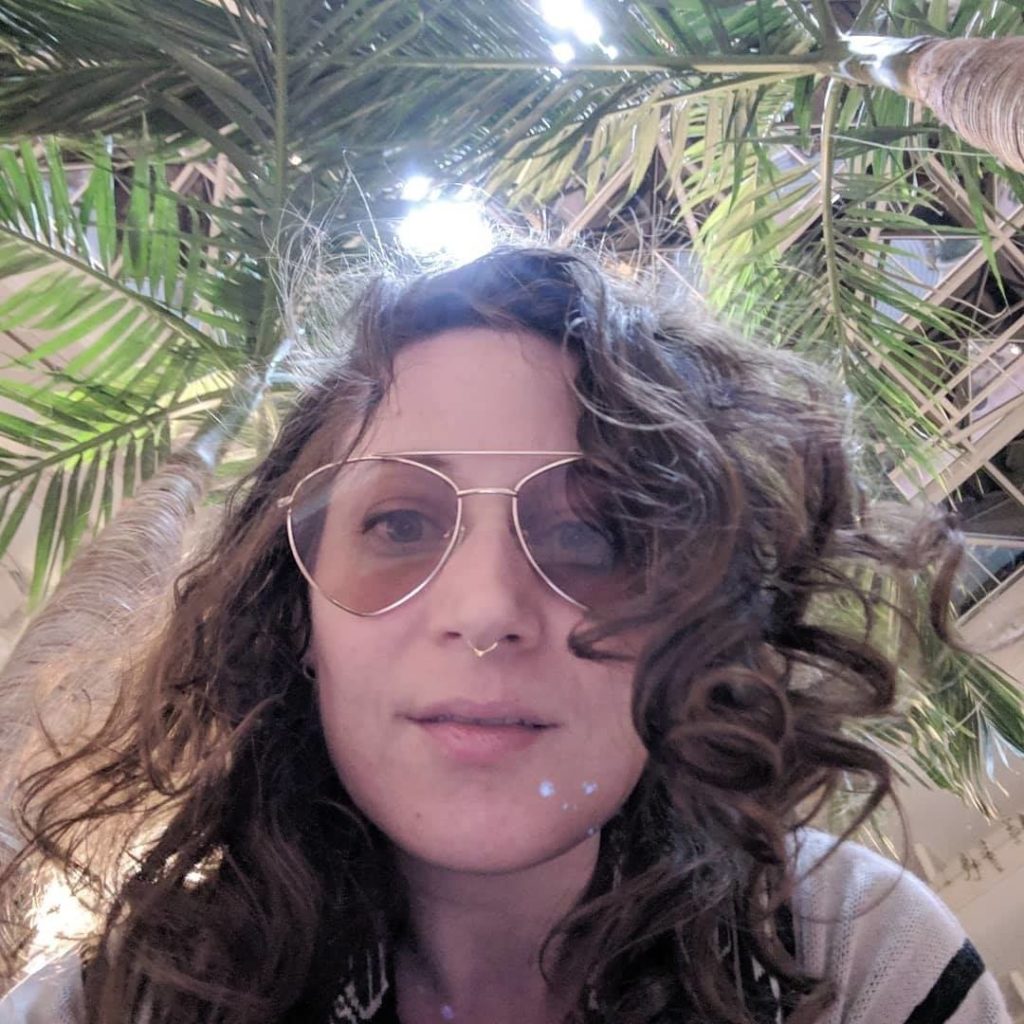
- This event has passed.
WORKSHOP – Solidarity Not Charity: How Mutual Aid Groups Fed Millions of Neighbors During the COVID-19 Pandemic
May 7, 2021 @ 9:00 am – 10:30 am PDT
Presented by Ioby and Claneil Foundation
Mutual aid organizations bloomed in the spring of 2020 as neighborhoods sought ways to feed their most vulnerable during covid-19. Whether they found roots in the queer disability movement or in the Black Panthers or simply mimicked other groups, mutual aid’s success was often tightly connected to its liberating structures and rejection of typical nonprofit requirements. The mantra “Solidarity not Charity” was a direct rejection of the professionalization of the social sector, and allowed groups to build authentic relationships and participation from the community. Hear directly from the leaders of several mutual aid groups to understand their lived experiences in feeding tens of thousands of people — from building infrastructure, volunteer networks, support and feedback loops, from the ground up.
Session goals:
- Learn about the ways that unincorporated groups found success in delivering to neighbors in need, building from the ground up.
- Hear first-hand accounts of the ways that groups listened to their communities and adapted to community needs throughout the pandemic (so far).
Speakers
Erin Barnes – Moderator, Ioby; NY

Erin Barnes is co-founder and CEO of ioby, which mobilizes neighbors who have good ideas to become powerful civic leaders who plan, fund, and make positive change in their own neighborhoods. In 2018, Erin was accepted into the inaugural class of Obama Foundation Fellows for ioby’s contribution to civic innovation. In 2012, the Rockefeller Foundation awarded Erin and her co-founders at ioby the Jane Jacobs Medal for New Technology and Innovation. Before ioby, Erin Barnes was an editor at Men’s Journal magazine, freelance writer, and contributor to Al Gore’s book Our Choice. She conducted field research on water and fisheries markets in Latin America, and was a community organizer at Save Our Wild Salmon Coalition. She has served on the boards of the Bronx and Manhattan Land Trusts, EcoDistricts, and Resource Media. She has a B.A. in English and American Studies from the University of Virginia and an M.E.M. from Yale University. Erin lives in Brooklyn, NY.
Kelvin Taitt, East Brooklyn Mutual Aid; NY

Kelvin Taitt is a community organizer from Brooklyn and the co-founder of East Brooklyn Mutual Aid (EBMA), which he helped to launch in April 2020. He’s also the director of strategic growth and operations at The Corbin Hill Food Project, a New York City nonprofit dedicated to distributing local, farm fresh food, especially to low-income communities and communities of color. Previously, he served as the director of operations at Brooklyn Packers, a worker-owned and Black-led food distribution cooperative, and he remains an equity owner. Formerly a wedding MC and event planner, Kelvin has long been civically engaged; as a resident of Brownsville, he participates in his neighborhood association and volunteered for a local homeless shelter and food pantry. It wasn’t until the pandemic, however, that Kelvin threw his entire being into the work of addressing his community’s food insecurity. Kelvin harnessed the volunteer power of EBMA and the distribution power of Brooklyn Packers to build out an infrastructure that delivers farm fresh produce to a hundred households per week—an effort soon to expand thanks to new partnerships with local organizations and faith-based institutions. EBMA and Brooklyn Packers have also collaborated to provide food to pantries, community fridges and community kitchens. Additionally, EBMA worked with the USDA to distribute 1,000 food boxes a day, three days a week for six weeks, from the Coronavirus Food Assistance Program. Kelvin also led the project with Brooklyn Packers in partnership with The Corbin Hill Food Project to distribute 4,000 pantry food boxes a week to New Yorkers in five boroughs for 16 weeks for GetFoodNYC. Prior to the pandemic, Kelvin held the positions of event producer at Masters of Ceremony and of president at Elegancia Entertainment, his own entertainment and production company specializing in Latin American and Caribbean events
Melissa Branfman, Wyckoff House; NY

Melissa serendipitously landed at the Wyckoff House Museum just over a decade ago with an interest in museums and art. She soon became inspired by her colleague Jason who activated the land by growing food and teaching from plants as a means of connecting with the community. Previously Melissa had studied Art History and pre-Colombian visual culture, while also teaching at several NYC art museums, including the Brooklyn Museum and the Guggenheim. Starting as the Education Director at Wyckoff, she eagerly explored the intersections of food systems, history, plants, and community. Soon after, she assumed the responsibility of Executive Director, learning to navigate the world of fundraising, board development, programming, partnerships, human resources and more. One of her proudest achievements at Wyckoff has been to grow the organization towards a more robust farm and garden program, including a paid summer apprenticeship for local teens. Melissa is continually inspired and challenged by the opportunity of collaborating with her staff and community at the Museum. She loves building connections within the largely Caribbean neighborhood, learning about plants and growing, and being inspired by her co-workers broader passions. She loves baking, cooking, dancing, meditating, Mexico, and learning new things, most recently trying ceramics, while recovering from a broken jaw.
Zach Tan Strein, Wyckoff House; NY

Kacy McGill, Pittsburgh Restaurant Workers Aid; NY

Kacy McGill (they/them) co-founded and currently serves as the co-director of Pittsburgh Restaurant Workers Aid (PRWA). McGill has previously worked in restaurants as well as for non-profit advocacy groups and political campaigns. Initially collecting and distributing goods from McGill’s front porch and eventually growing to an operation that provides direct aid to over a hundred workers and their families each month, PRWA was started by volunteers with the goal of addressing the immediate material needs of restaurant workers who suddenly faced financial, food, housing and health insecurity at the onset of the pandemic. In response to outreach and communication with aid recipients and the restaurant worker community at large, McGill has helped broaden the scope of PRWA’s mission to include the empowerment of workers to address issues in the local restaurant industry that made the disruption of the pandemic particularly damaging. McGill and their colleagues found that restaurant workers not only needed material assistance to bridge the gap until they could resume work, but desperately needed the means to confront the fact that their jobs had not ensured dignity and security before the pandemic and had no assurance that they would in the future.
Elina Malkin, Pittsburgh Restaurant Workers Aid; NY

Elina Malkin is a bartender, organizer, and an artist, with over 15 years of experience in hospitality and the arts. She is currently a working board member of Pittsburgh Restaurant Workers Aid, Treasurer of the Pittsburgh chapter of the United States Bartenders Guild, bartender at Tina’s, and co-manager of 3577 Studios and performance space, and calls on her background in grassroots, intersectional organizing and arts project management to support community causes.